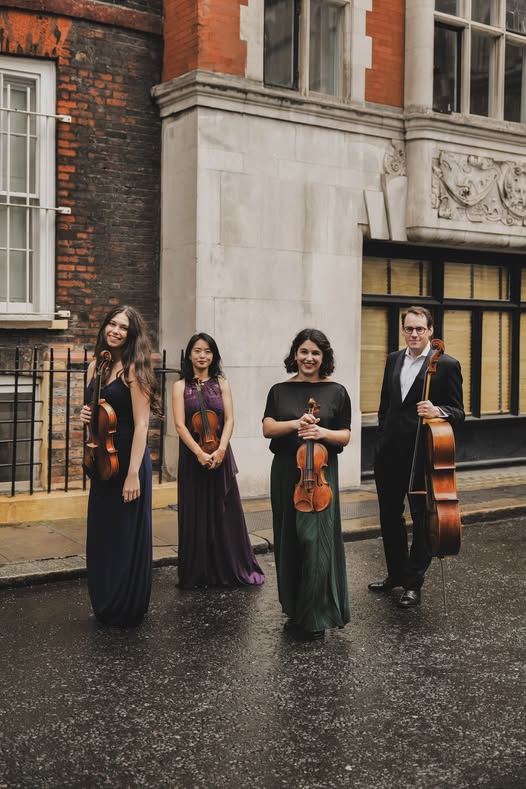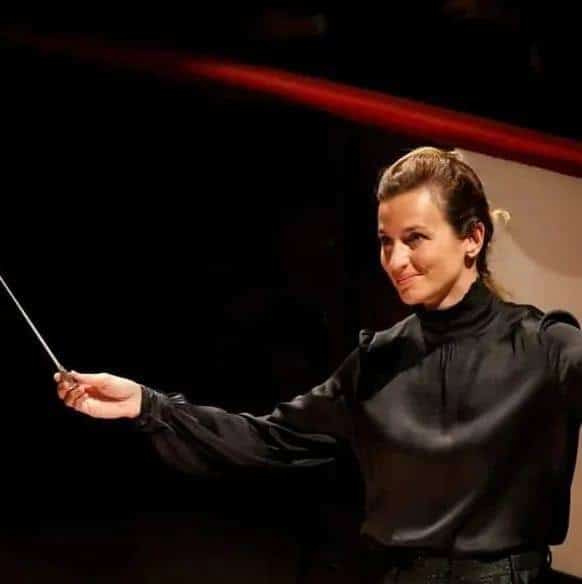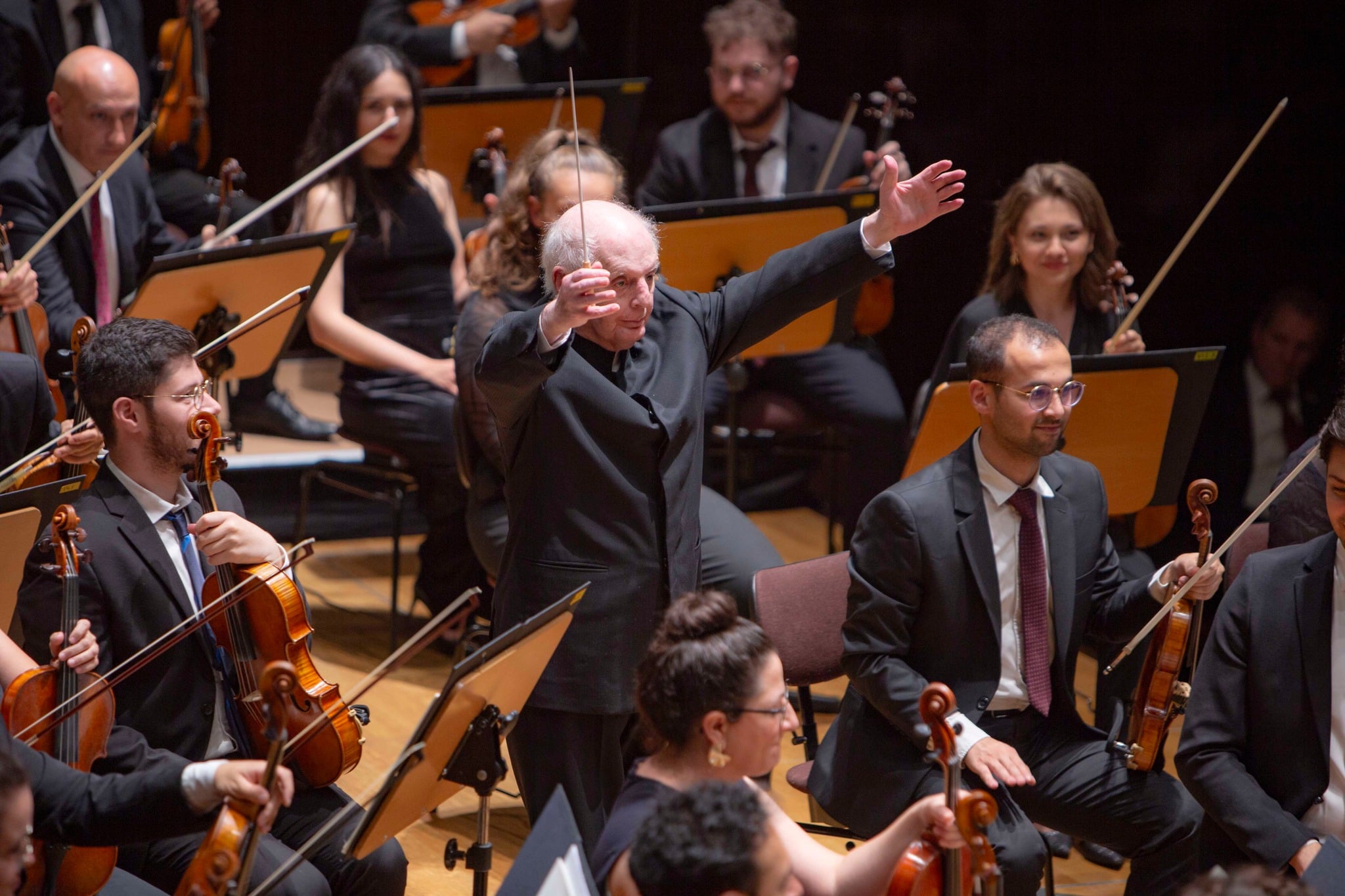Soft job lined up for exiting Edinburgh director
UncategorizedJonathan Mills, outgoing director of the ever-less-relevant Edinburgh Festival, is (we hear) front-runner to be head of the Australian National Gallery in Canberra.

Nobody goes to Canberra.





When Mills was appointed to run the Edinburgh Festival in 2006 there was considerable criticism in the UK about a little-known Australian composer with a not-overly impressive track record as director of some Australian Festivals being appointed (I am sure NL remembers that well!). I know little about his time at Edinburgh, although recently I read an article about opera not just having taken a back seat, the quality of what he has presented has been relatively poor. His operatic swansong a few evenings ago was Berlioz’ Les Troyens with Gergiev and the Mariinsky company. Reviews I have read range from average to poor. Hardly Festival fare, it seems!
But it is NL’s comment about Edinburgh becoming “ever-less relevant” that interests me. For decades under Bing, Hunter, Ponsonby, Harewood and Diamand, Edinburgh was not just the biggest of the European Festivals, it was known for the originality and quality of most of its presentations. Opera was an essential part of those decades with Bing’s Glyndebourne forces being a staple of the first dozen or so. In my own lifetime I recall some stunning later evenings in the small King’s Theatre: Ponelle’s wonderfully witty Cenerentola with Berganza and Abbado, Henze’s own superb production of his Elegy for Young Lovers, as well as the outstanding Carmen with Berganza making her debut in the role.
Since Diamand’s own swansong with the Ponelle/Harnoncourt Monteverdi cycle from Zurich at the end of the 1970s, it seems to me that opera in particular has not been well served through the years. For a while, drama gained prominence with some spectacular productions from Japan’s Ninagawa company. And then, despite some gems, it all seemed to fall into a rut.
I wonder therefore if the problem is yet more criticism aimed at the mean burghers of Edinburgh’s City Council not coughing up enough to maintain consistently high quality over a 3-week Festival; of Scotland and the UK able for the last few decades to enjoy top quality arts year round rather than being lumped into a 3-week extravaganza; of Festival Directors playing too safe; and/or the need for multi-discipline Festivals in general to do more to reinvent themselves.
Whatever, it is unlikely that this will be of much concern to Mills who, it is also rumoured, will stay in Edinburgh for the next year to complete the opera he is writing.
Yet again a totally unjustified, ignorant comment: “ever less relevant”. I guess the festival, in your eyes, seems irrelevant is because it isn’t in London and you are therefore unwilling to come and see for yourself what exactly is going on, you just pick up some bad reviews and spout some nonsense. Since taking over the reigns Jonathan Mills has made the EIF truly international bringing artists and work unknown to many in the UK. Most of whom play to near capacity crowds. He has introduced plays, dance, music, even operas from 70+ countries thus opening our eyes to new culture and different experiences. They have opened my eyes and those of fellow audience members to new arts and traditions. No other festival, nor rarely do such opportunities occur in the UK.
So before making sweeping, unfounded remarks do your homework first.
I do find it strange that Ian J Munro should be suggesting that Jonathan Mills “has made the EIF truly international.” Surely Mr. Munro has to agree that every Festival has been truly international since its very beginnings as Europe emerged from a ghastly World War. Every Festival DIrector whose work I have witnessed (to my regret excluding that of Jonathan Mills) brought large numbers of top international artists, orchestras, opera and theatre companies, and/or created memorable works and events specifically for the Festival.
Let’s recall that early performances in the 1950s when funds were really tight everywhere included the Vienna and New York Philharmonics, the Boston Symphony, Berlin with Karajan, Maria Callas, as well as Rudolf Bing’s famous Glyndebourne productions never seen outside their Sussex home. Art Exhibitions of Cézanne, Degas, Rembrandt, Epstein, the Diaghilev retrospective – all were presented in the 1950s. Lord Harewood largely introduced the west to Janáček’s operas with Káťa Kabanová from the Prague National Theatre. Robert Ponsonby persuaded four unknowns to create a late-night review – Peter Cook, Dudley Moore, Jonathan Miller and Alan Bennett. Beyond the Fringe went on to become a monster success in London and New York. Peter Diamand all but launched Sir Ian McKellan’s international career in extraordinary productions of Edward II and Richard II at the Assembly Rooms in 1969 (my first experiences at the Festival). Frank Dunlop brought the revelatory Ninagawa Macbeth and Medea productions from Japan in the mid-1980s. Brian McMaster brought Peter Stein’s production of The Cherry Orchard, widely acknowledged as the finest Chekhov production within living memory (I saw it and believe it was created for Berlin’s Schaubühne). I always felt John Drummond was the least successful of the Directors, but a Verdi Requiem with Margaret Price, Jessye Norman (singing mezzo!), Jose Carreras, Ruggero Raimondi, Claudio Abbado and the truly great Festival Chorus still brings back wonderful memories.
So Mills had a lot to live up to. I am sure he had his successes. I am just as sure he had his disappointments and failures. That is the nature of Festivals. But I do very much doubt that his Festivals have brought more international artists than those of his predecessors, if only because funding problems now make it more difficult to attract the really top international ‘names’ and companies or to be as creative. In saying that, though, I fully accept that major funding is not a prerequisite for either excellence or originality.
‘Ever-less-relevant’ to what exactly?! It sounds bad, but what can it mean?
quite! ‘less relevant’ to whom? why should a concert (say) have to be relevant – whatever that means!
By truly international I meant he has incorporated artists and companies from every continent. Asia, South America, Australassia, North America and Europe all represented. Before Mills took over previous festivals seemed to be mostly European and North American companies with maybe the occasional visitor from ‘further afield’, under Mills that changed.
With regard to funding unlike the top European summer festivals eg BBC Proms, Salzburg and Lucerne which the EIF is compared too, unlike these festivals the EIF also incorporates dance and theatre as well as music and opera. Obviously this comes at a cost and the EIF has to budget for all these different art forms. And I think Mills has done a wonderful job. I think he has given the EIF a new lease of life, and I hope the new director carries on from where he’s left off.
PS regarding Les Troyens I didn’t get to see it but I’ve heard a number of people bemused as to why it got panned by the critics. Audiences seemed to enjoy it.
Thank you. Yes, that I can certainly understand. I expect having been based in Australia for most of his career prior to Edinburgh, he was exposed to a wider based repertoire and brought that experience to the Festival. The continent’s finest Festival in Adelaide has for some decades included the arts of several other continents, notably Asia. I recall Peter Brook’s extraordinary production of The Mahabharata was presented overnight in an Adelaide Stone Quarry at the 1988 Festival. Adelaide also incorporated the first WOMAD a few years later.